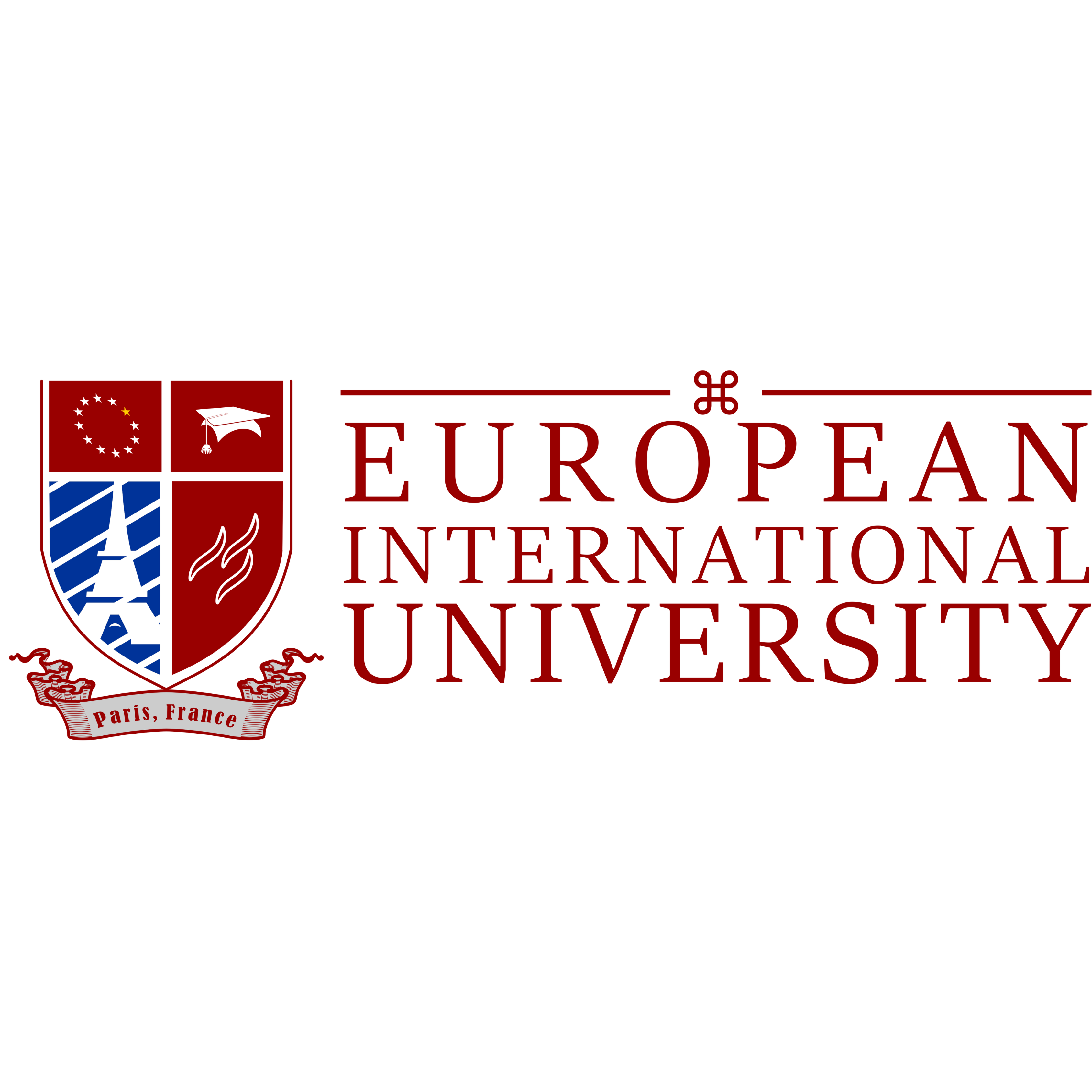
The Doctorate in Cyber Security is a rigorous research-focused program tailored for professionals aiming to lead, innovate, and influence the future of digital security. In an age where cyber threats are evolving rapidly, this doctorate equips candidates with deep analytical and practical skills in areas such as cryptography, ethical hacking, network defense, information assurance, artificial intelligence in security, and cyber law.
This advanced academic journey emphasizes independent research, strategic decision-making, and leadership in cybersecurity architecture, governance, and policy. Learners engage in critical analysis of real-world cyber incidents, develop original research contributions, and explore new technologies and frameworks for protecting digital ecosystems.
Ideal for IT professionals, cybersecurity consultants, and academic researchers, the program is structured to accommodate working adults through flexible online or blended learning formats. Graduates emerge with the expertise to shape national cybersecurity policies, lead enterprise risk strategies, and contribute to global information security standards.
The doctorate is not only a pathway to personal academic achievement but also a transformative credential for senior roles in government agencies, multinational corporations, financial institutions, and higher education. With a strong emphasis on ethical leadership and innovation, the Doctorate in Cyber Security prepares individuals to be pioneers in one of the world’s most critical and rapidly growing fields.